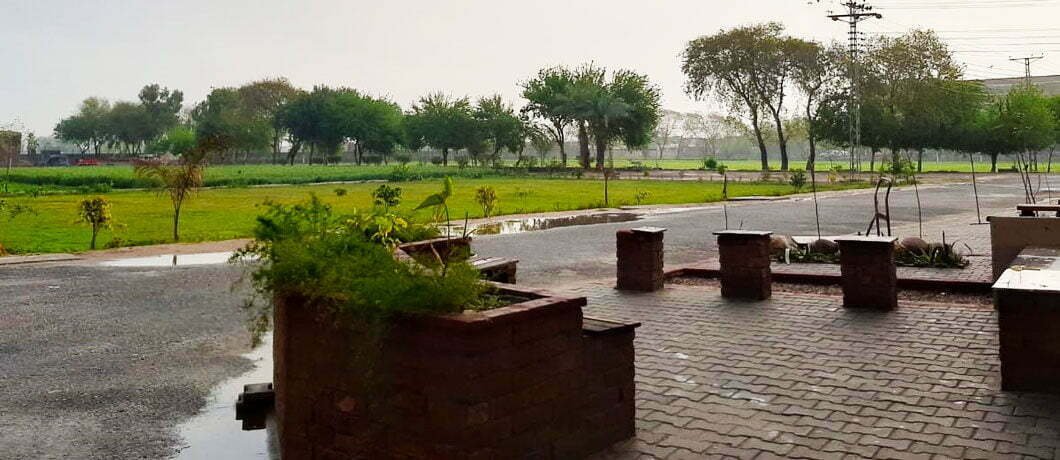Welcome to the Department of Biomedical Engineering Technology
Department Head
Biomedical engineering is one of the fastest-growing sectors in global health innovation and product development. In 2013, Forbes, a famous American magazine, placed biomedical engineering at the top of their “most valuable majors” list of university programs. The United States ranks the field first with USD 140-180 billion/year industry, which is more than one third of world market. Medical devices and technologies are growing at a rate of 10 per cent annually. Internationally, the medical devices market is a USD 327.7 billion industry whereas Canada ranks this field at number nine with USD 6.8 billion in estimated sales revenue.
Bio-engineering applies the basic principles of engineering to the development of innovative methods for the diagnosis and treatment of diseases and injuries as well as playing a crucial role in the advancement of medical devices and technologies. It is an interdisciplinary subject, which combines wide-ranging scientific knowledge with technological processes and engineering skills to provide systems for many applications.
Introduction
Keeping in view the gap between supply and demand of biomedical engineering/technology professionals, BSc (Biomedical Engineering Technology) program at NFC Institute of Engineering and Technology was commenced in 2016. The program is maiden in Southern Punjab region, providing students deep theoretical and practical understanding of the key areas with the help of qualified teachers from academia & industry and on state of the art biomedical engineering equipment. The students of the pioneer batch (2K16) have passed seven semesters and are on mandatory six months training leading to employment in many cases.
Program Objectives
An undergraduate program in Biomedical Engineering/Technology provides a strong foundation in the basic sciences, mathematics, engineering and life sciences. The educational foundation, coupled with opportunities for extracurricular experiences, research/internship opportunities, teaching, advising and mentoring, provides a broad pathway for students to pursue a wide variety of post-graduate opportunities such as:
Faculty at NFC-IET have impeccable qualifications, extensive expertise and experience in their chosen fields and an overriding commitment to the welfare of their students. Our faculty is one of the biggest reasons why students select NFC-IET.
Laboratories
Department has recently equipped following state of the art labs with modern equipment
Facilities
BioMedical Engineering department is a purpose built building that offers ample space for laboratories, training rooms, spacious class rooms, meeting and discussions rooms, video conference rooms, and faculty offices.
Facilities in the labs are for better learning and to prepared them to fulfill the future job requirements. Following facilities are available in our lab:
- Auditorium
- Air conditioned classrooms
- Access of Free Wifi
- Highly Equipped computers for specialized applications
- Research clusters
Program Education Objectives (PEOs)
Program Learning Outcomes (PLOs)
Department News & updates
Events
No Event found.





